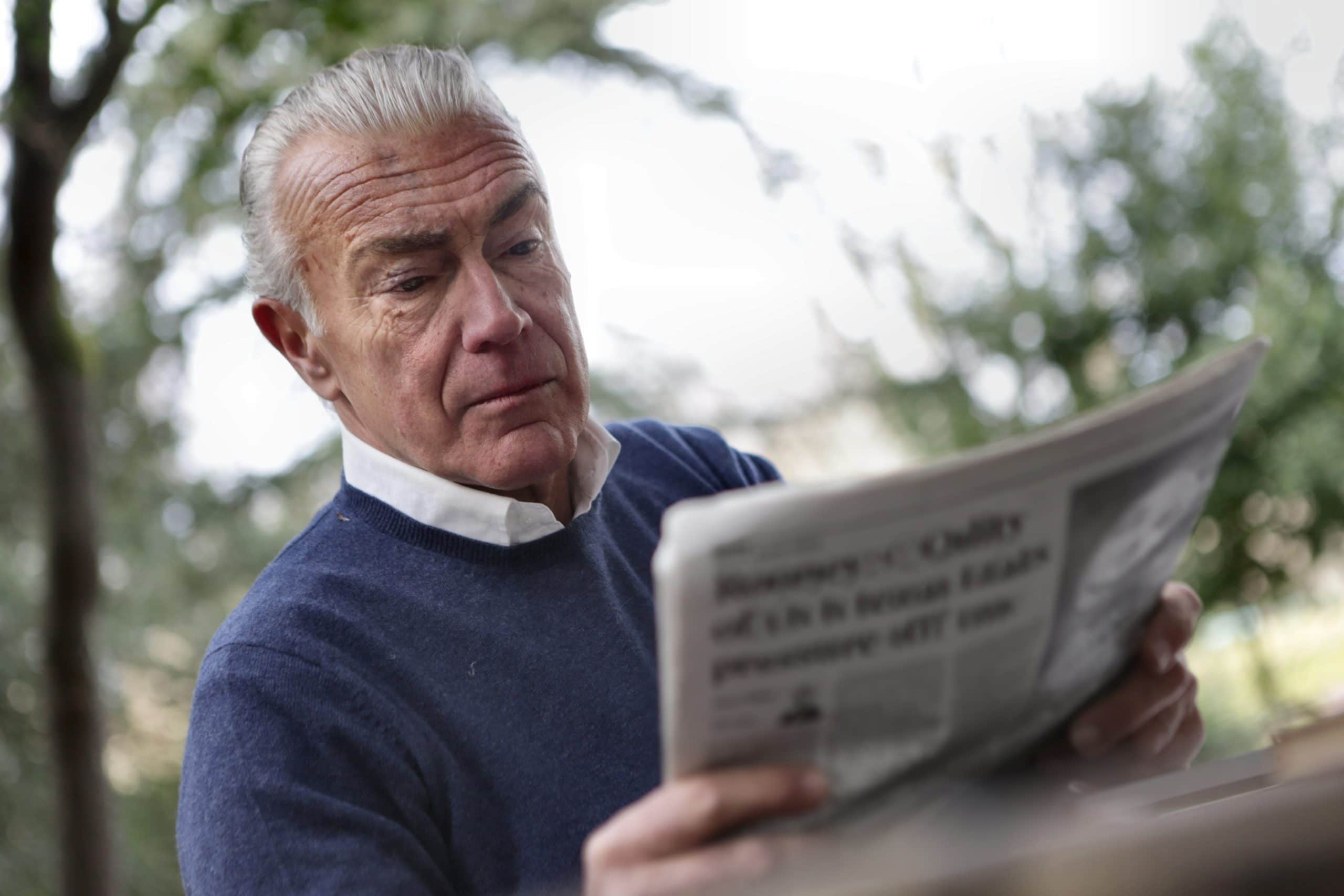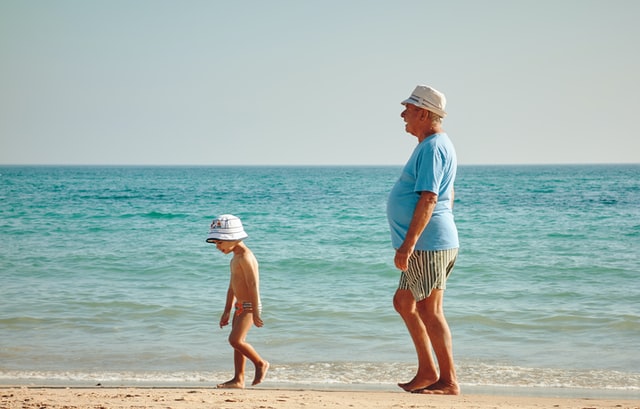
The Ultimate Checklist for Moving Into Assisted Living
Moving loved ones into assisted living isn’t easy an easy process. The logistics of moving and making sure your parent or spouse is comfortable requires careful planning. As you support your loved one during this transition, it’s important to make a list and check it twice. To help your move, we’ve put together this ultimate assisted living checklist. We hope it will help you stay organized and cheerful during this moment.
6 tips for planning the move
Do yourself a favor and get started on the moving process early. Often, seniors moving to assisted living are downsizing from their family home. There may be lots of items to take care of before move-in day. Here are some initial tips to get you oriented:
- Talk to your loved one about their needs: Make sure you communicate with your loved one. They might have certain ideas about what should be given away, donated, or thrown out. Respect your loved one’s needs as you work together.
- Start downsizing slow and steady: Start with one room and work your way around the house. If you’re downsizing a large house, you should start early.
- Identify prized possessions for a homey feel: Ask your loved one to identify 3-6 prized possessions that they can’t live without. Pack these prized possessions to go with them to the assisted living facility. All other collectibles and knick-knacks should find a new home.
- Find forever homes for items that won’t fit: We recommend not making a maybe pile when you sort items. Try to make decisions in the moment – family, donate or dump – or might find yourself with a large maybe pile that you’ll have to sort again.
- Make a financial plan for relocation costs: Relocation can be expensive. Make a financial plan for how you’ll cover the costs. You may even identify some items to sell, such as extra furniture that’s still in good shape.
- Be sensitive to your loved one during this transition: Moving is never emotionally easy. Be sensitive and available for your loved one during this time. Don’t try to force your opinions. Support them as much as you can.
What to add to your assisted living checklist
Healthcare
Don’t forget that moving may also mean new healthcare needs. Make sure to inform your loved one’s doctor, insurance plan, etc. if the move involves a new health network.
- Talk to your primary care doctor: Make sure they know about the change of location and ensure it’s still in-network.
- Make sure any medications are in order: Some assisted living facilities will assist with medication refills and management. Check in with the facility so that all medications are in order with the new address.
- Plan for any weekly errands: Moving also means a shift in expectations. You’ll want to make sure it’s clear who will be taking care of errands in the future.
Logistical needs
In addition, changing addresses also entails key logistical actions. To get your contacts updated, you’ll need to:
- Forward any mail: Many seniors still send letters to friends and family. Getting mail forwarded may be important to them.
- Inform friends of address change: Update your loved one’s address book with a change of address card.
- Make plans for any pets: If your loved one has pets, you’ll want to make a pet plan for move-in or find a forever home for it.
- Take your time selling the home (if applicable): Selling a family home can take time. If possible, don’t rush the process in order to get the best new buyer possible.
3 tips for moving
The process of downsizing and preparing boxes can be lots of work. You can make it easier on yourself by taking these actions:
- Hire a licensed and insured moving company: There’s nothing worse than having a no-show on moving day. Make sure you’ve got a licensed company for move-in.
- Clearly label everything: Lots of boxes could create confusion. Label everything with its contents and final destination for clarity.
- Store away any heirlooms: If your loved one has valuable items that they don’t want to bring along, you could offer to safeguard these heirloom items in your home or a bank box.
Example packing list
The packing list will be different for every senior, but here some main categories to keep in mind.
- Personal items: purse/wallet, documents, photos, keepsakes, day jewelry, aides like glasses, hearing aids, canes/walkers, etc.
- Clothing: casual daywear, as well as clean underwear, socks, pajamas, slippers, warm winter clothes, and comfy shoes.
- Toiletries, medications, and first aid kit
- Entertainment items: TV, radio, computer or iPad, chargers, books, puzzles, cards, hobby items, etc.
- Limited home furnishing and decor: Find out what the room or apartment comes with. You may need a bed, side table, dresser, small sofa, chair and desk. Decor may include plants, pictures, mirror, etc.
- Limited homeware and cleaning supplies: kitchen supplies, cleaning supplies, one set of tableware, trashcan, towels, linens, hangers, curtains, etc.
What you’re able to bring also depends on the size and dimensions of the assisted living room or apartment. It’s a good idea to plan the new space for what will fit and what won’t. It’s always better to take less than more.
What NOT to pack when moving into assisted living
Moving can be stressful, but you can avoid common pitfalls. When deciding which items to take or not, be sure to leave behind these types of items.
- Limit collectibles: One or two are fine, but sets of collectibles should find forever homes. This can be difficult for seniors. One possible idea is to take pictures of all the collectible items and put them in a photo album for your senior to look at.
- Get rid of multiples: Take just one or two favorite possessions and leave behind the multiples. If not, the new home will feel cluttered.
- Forget about large, old or damaged furniture: It’s time to get rid of large, old or damaged furniture. Most assisted living is humbly-sized, so you’ll want to find new homes for furniture like this.
- Don’t take old or stained clothing: Wardrobes can easily accumulate. As you go through clothing, get rid of old or stained clothing. If that leaves few clothes, you can offer to take a shopping trip with your loved one in the near future.
- Items in storage should find a new home: Avoid simply boxing everything up and sending it to storage. Try to sort it out and find forever homes for items.
Tips for a successful transition to assisted living
Moving to assisted living is an exciting decision! Seniors are sure to get the help they need, make new friends and create a new home. To help the transition process, you can support your loved one with these tips:
- Get one new item to make a new memory: Having one or two new things can make the new room or apartment feel special.
- Make note of new emergency contact info: Make sure you have all the new contact info for any urgent questions or emergencies.
- Plan end of life care: It may be time to start planning for end-of-life care, including advanced directives and wills. Start this conversation slowly to avoid overwhelming your loved one.
- Visit often at first: As your loved one gets settled in, be sure to visit often! The most urgent needs come up within the first month or two. Be 100% certain that your loved one is comfortable and has everything he/she needs.
Moving to assisted living is a new chapter in your loved one’s life. You can make it a pleasant and non-stressful transition by planning ahead and using this checklist for success. Happy housewarming!
Related Articles

Elder Law Attorneys: A Comprehensive Guide
If you are someone who is taking care of a senior or has an elderly loved one, you should consider working with an elder law attorney. Though you may not expect it, individuals begin to face new and more complex legal concerns as they get older. Actions that may have seemed trivial when they were […]

When Is It Time for Assisted Living?
Wondering if it is time for assisted living for your loved one is a common question for caregivers. As a caregiver, you might have been considering the question for months or possibly even years. Your loved one might have declined to continue the discussion as the thought of moving out of their family home and […]

Respite Care: An Overview
Caregiving can be overwhelming at times. That’s why taking a break is essential for recharging your battery. Respite care, also called short break care, is a way for caregivers to get temporary care for their loved ones so they can take some time to rest. Getting this “me time” of respite care can renew the […]

A Caregiver’s Guide to ADLs and IADLs
This article has been medically reviewed by Dr. Martin Duggan in 2021. This content is not intended to be a substitute for professional medical advice, diagnosis, or treatment. Always seek the advice of your physician or another qualified health provider with any questions you may have regarding a medical condition. As a family caregiver, your […]

What is a Mechanical Soft Diet? Explanation, Preparation, and Meal Ideas
This article has been medically reviewed by Dr. Martin Duggan in 2021. This content is not intended to be a substitute for professional medical advice, diagnosis, or treatment. Always seek the advice of your physician or another qualified health provider with any questions you may have regarding a medical condition. As a caregiver, you may […]

Intestate Succession—Dying Without a Will
This article has been reviewed by a practicing attorney in 2020 This content is not intended to be a substitute for professional legal advice. Always seek the advice of an attorney or another qualified legal professional with any questions you may have regarding your situation. Death can be an uncomfortable topic. It is one many […]